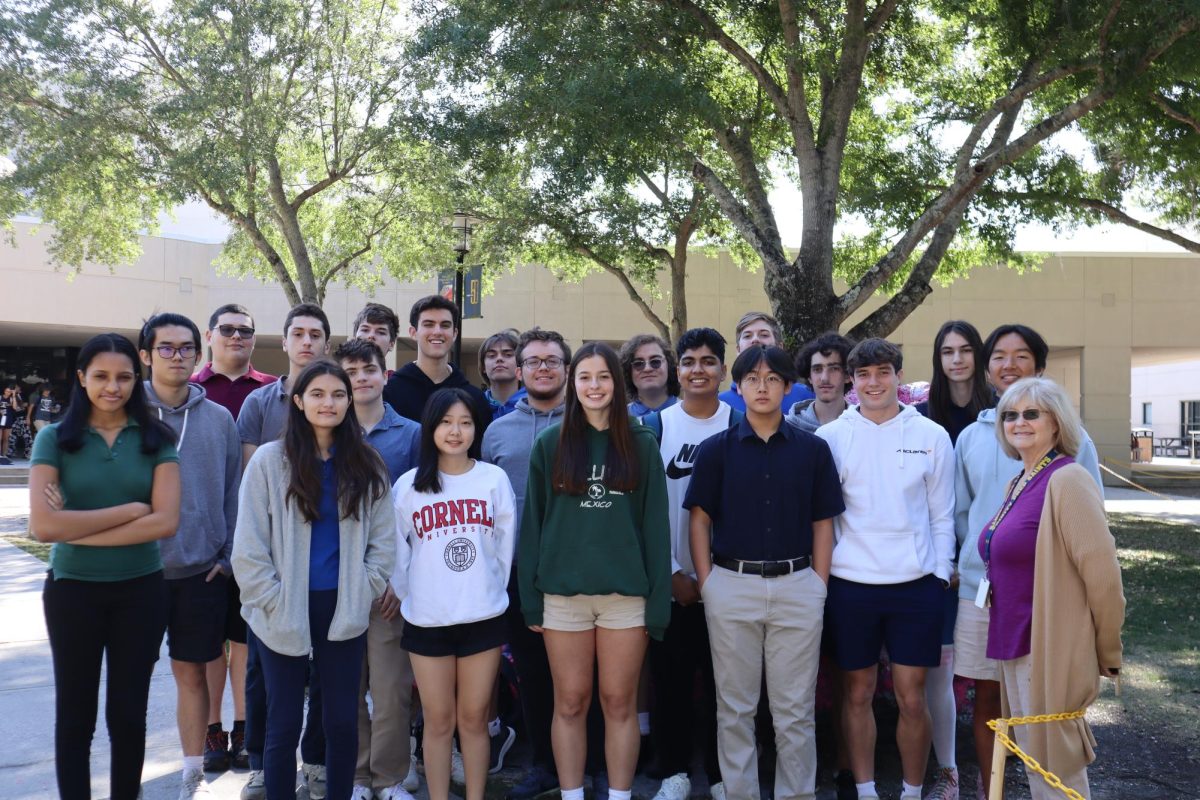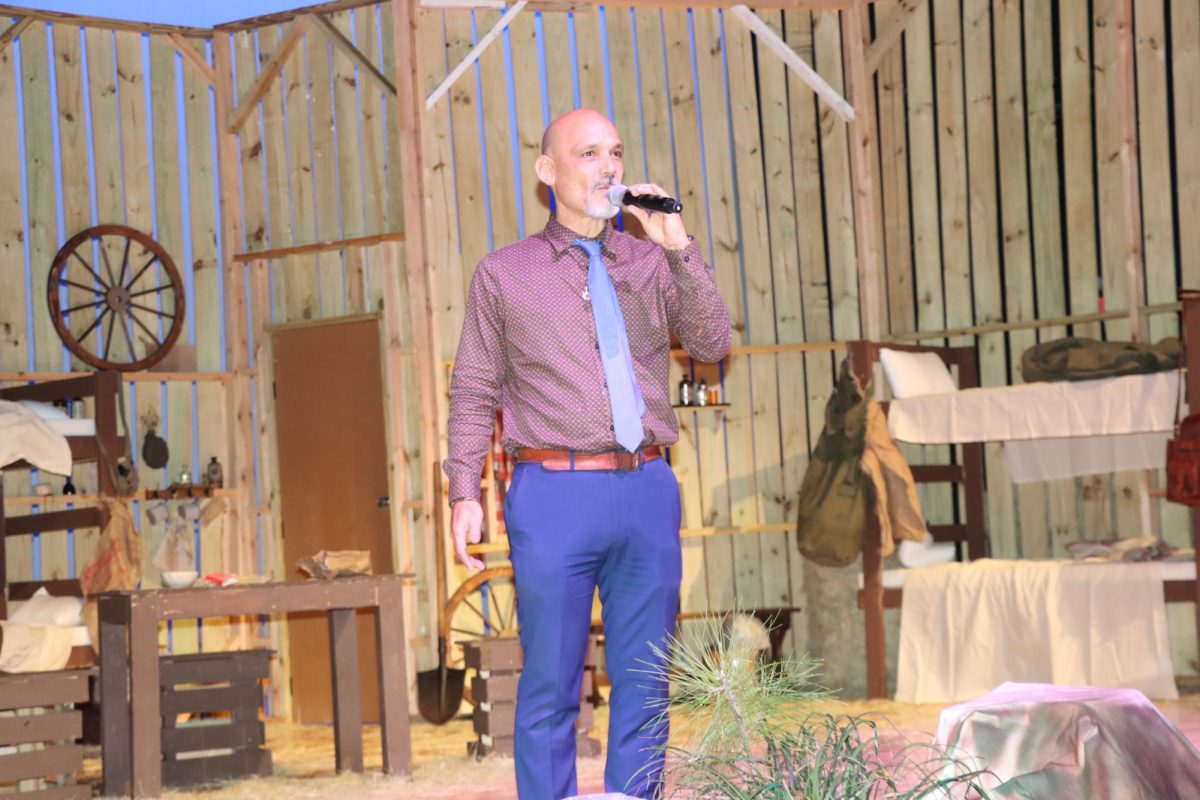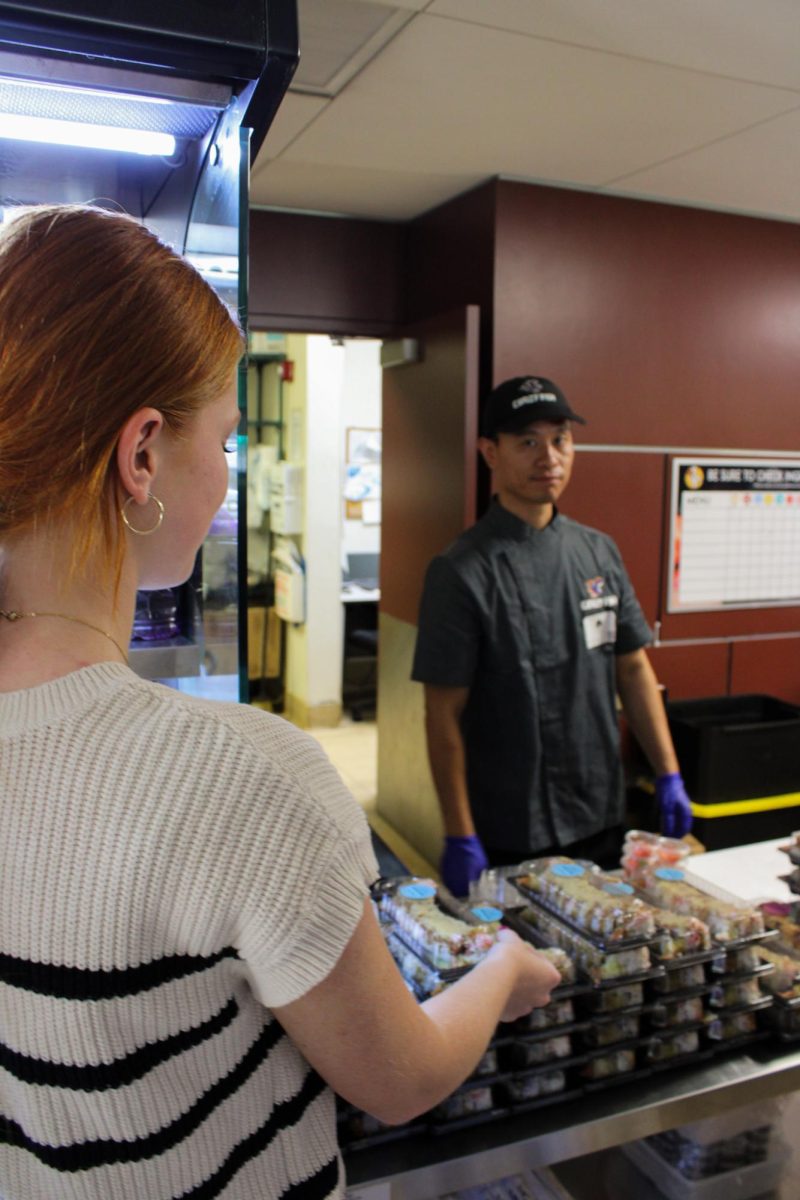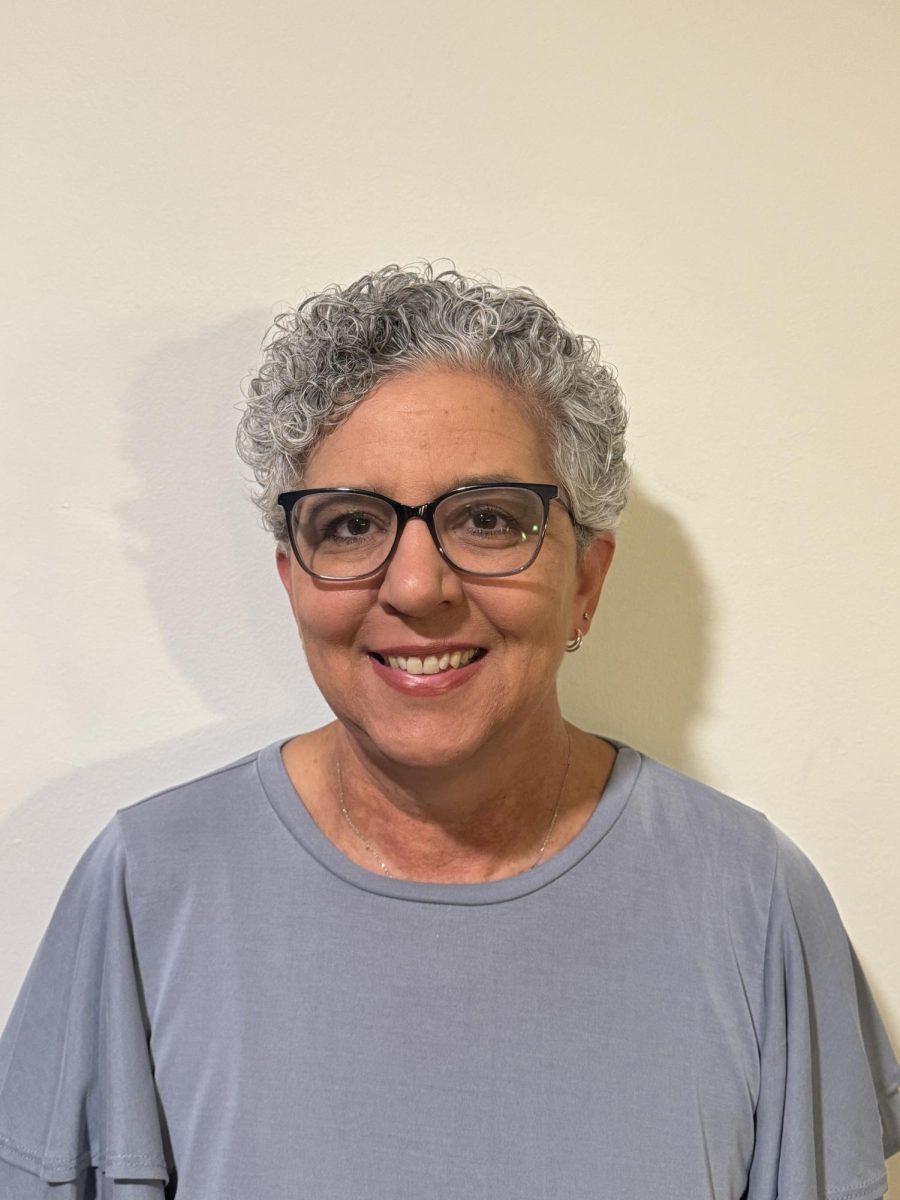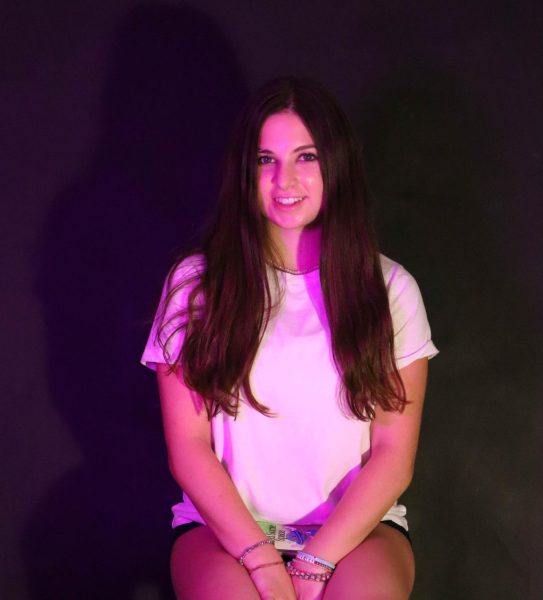The Trinity cybersecurity program has grown rapidly since its inception last spring, so it was fitting that the teams attended an equally innovative competition on March 1st. CyberLaunch, hosted by Cyber Florida, was the first statewide high school cybersecurity competition and saw nearly 1000 students attend. Students not only got the rare opportunity to apply their cybersecurity knowledge in a controlled environment but also witnessed future possibilities for cybersecurity in education and beyond.
Trinity teams CyberSaints Alpha, Beta, Gamma, Delta, and Epsilon participated in Capture the Flag (CTF) style competitions at CyberLaunch. According to Chief Technology Officer and cybersecurity coach Alex Podchaski, students solved various security-oriented problems to earn tokens or flags, and the team with the most tokens or flags became the winner. Novice sessions allowed students hints to guide them through challenges, while the advanced sessions did not.
Though the CTF competitions were long for novice and advanced students, their routine was broken up with the other activities CyberLaunch had to offer.
“The beginner [teams] were two hours in the morning, and then the advanced [teams] competed for two hours in the afternoon,” Podchaski said. “[In between], there was a vendor expo and workshops for students to attend to learn more about different avenues of cybersecurity.”
According to Computer Science teacher and cybersecurity coach Susan Frederick, the CyberSaints Alpha team’s ambition shone through and ultimately won them an honorable mention.
“The [CyberSaints] Alpha team…said they submitted the last answer, which would’ve put them in second place, a second too late, and it wasn’t counted,” Frederick said. “They were very frustrated, but it was funny to see their reactions. [Their] competitiveness was great.”
One year ago, Trinity’s cybersecurity program was not nearly as developed as it is today, with only a club participating in competitions instead of multiple teams. But this did not dissuade students, and one victory at Lockheed Martin catapulted the program forward.
“[Last year], we were the #1 cybersecurity team at [CyberQuest], and that set everything into motion,” Frederick said.
According to Frederick, Podchaski had experience with another cybersecurity competition known as CyberPatriot and suggested that students compete there next. This decision was ultimately fruitful as their gold division team ranked 31st out of 201 nationally, and the silver division team ranked 29th out of 129 nationally.
Students may find themselves applying their cybersecurity skills at college to protect their personal information and academic work from theft. According to Frederick, a Trinity alumnus was affected by a hacker at his college stealing the work of his classmates and decided to start his own cybersecurity company later on because of that experience.
“We’re a preparatory school; we prepare students for college,” Frederick said. “One of the things students are going to run into at college is other students hacking [their devices], stealing their work, and turning it in as their own.”
Frederick and Podchaski have already signed the five cybersecurity teams up for additional competitions going forward. While there is no cybersecurity class, the subject has been added to Trinity’s roster of summer programs.
“Out of 25 [avaliable] slots, I only have two remaining,” Frederick said.
Cybersecurity is not the only program within Trinity’s computer science department participating in landmark competitions such as CyberLaunch. Nine students from the Robotics team attended the first Robotics World Championship in Houston, Texas, last Tuesday until Thursday following their victory at the Florida FTC state championships.
Whether in cybersecurity or robotics, these competitions provide students with the invaluable opportunity to apply their hard-earned skills to real-life scenarios and beyond and witness firsthand what the future of computer science holds.
“Cybersecurity is a field that is going to do nothing but grow, given the amount of technology that we have and use,” Podchaski said. “The variety of competitions allow [coaches] to provide students with a glimpse into these different [branches of cybersecurity].”




